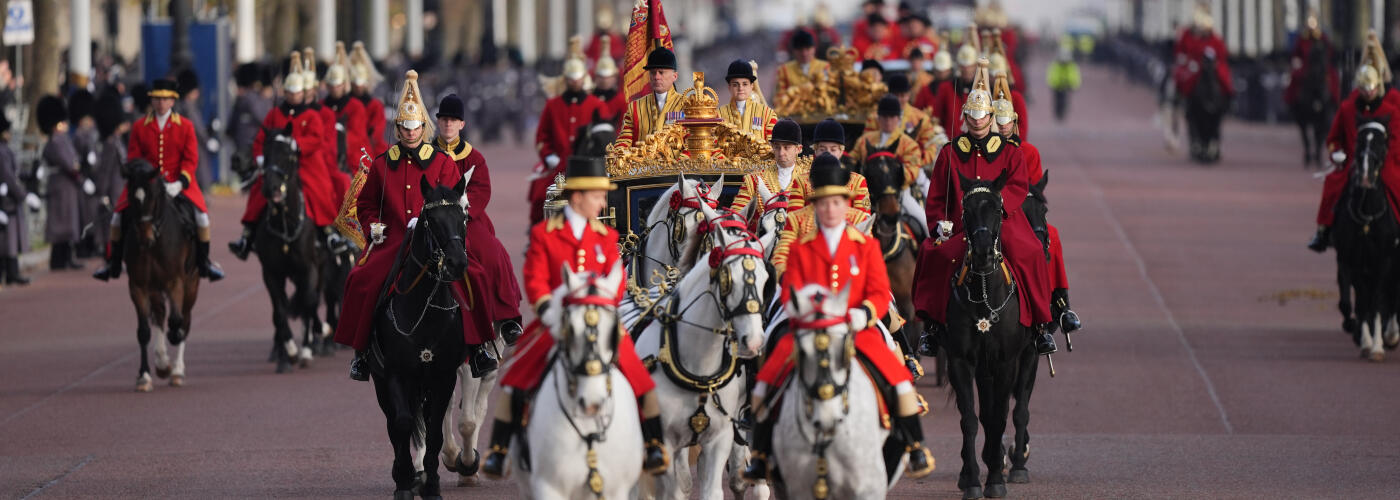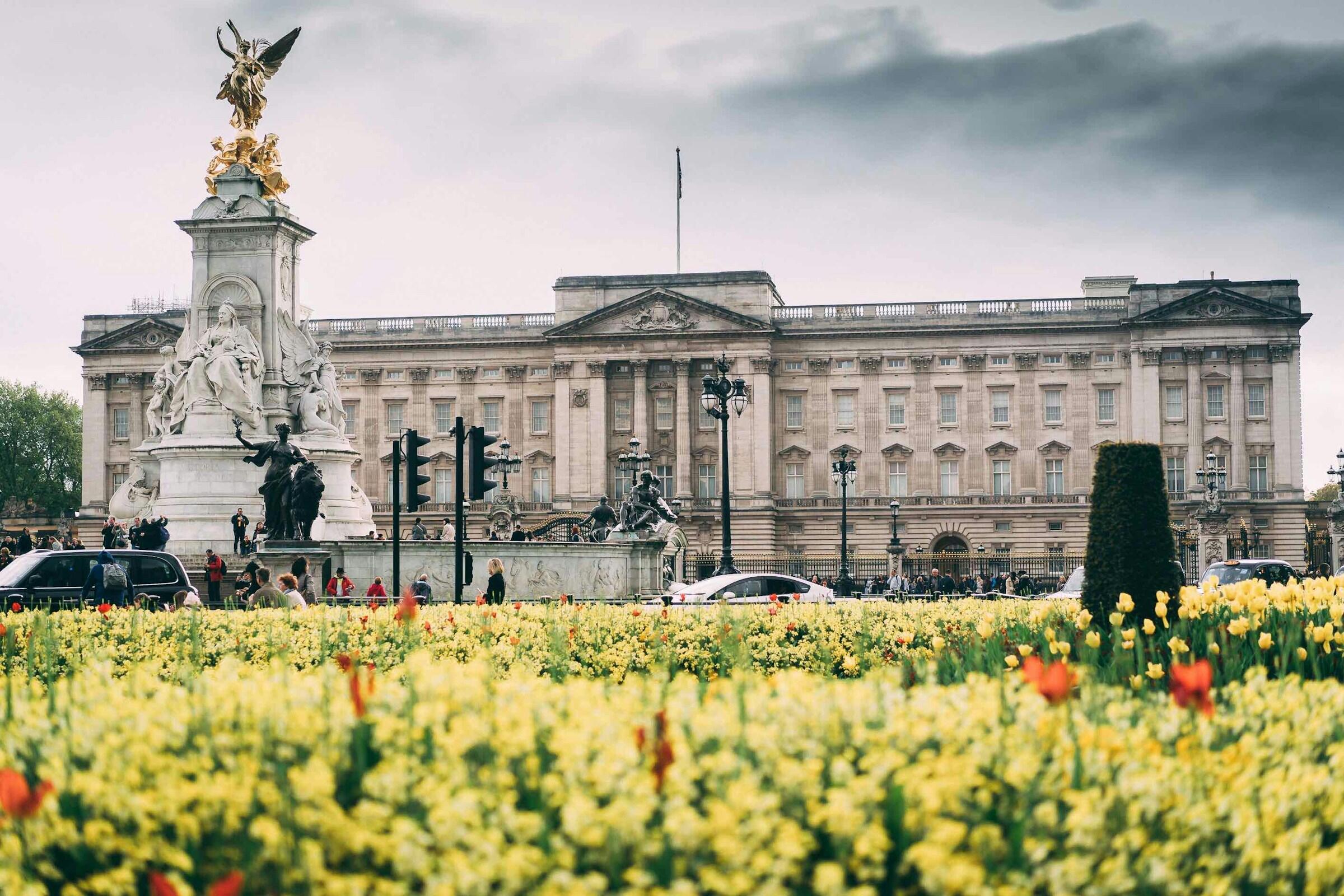The passing or abdication of any King or Queen of England always sends ripples through the nation and around the world, stirring both the hearts and the economy.
This was the case when Queen Elizabeth II passed away on 8 September, 2022, at Balmoral Castle in Scotland at the age of 96.
Immediately following her death, Operation London Bridge was activated, a plan that had been in place for decades.
Her coffin was taken to St Giles' Cathedral in Edinburgh for a brief period before being flown to London. There, it lay in state at Westminster Hall, where thousands of people queued to pay their respects.
The Accession Council convened two days later at St James's Palace, the sovereign's official residence, to announce the succession and formalise her eldest son Charles's political position as king.
On 19 September, 2022, a state funeral was held at Westminster Abbey, followed by a procession to Windsor Castle, where she was interred in the King George VI Memorial Chapel alongside her husband, Prince Philip.
The chances of this happening are not high at the moment. King Charles III ascended to the throne in 2022 and, like his mother Queen Elizabeth II, he is expected to serve for many years.
Nearly a year after being diagnosed with cancer, King Charles III's cancer treatment is "moving in the right direction," a Buckingham Palace source told CNBC.
Abdication is rare in British history, with the last occurrence being King Edward VIII in 1936. That said, the future is always uncertain, and the British monarchy is prepared for all eventualities.

What is Britain's Royal Family actually worth?
The British monarchy is indeed wealthy, with an estimated net worth of around £69 billion (approximately A$136.495 billion). This wealth comes from various sources, including properties, estates, and the family brand.
Its cash reserves are not publicly disclosed. However, the Crown Estate generates significant revenue, with profits flowing back into the public purse. The royal family's annual spending isn't detailed publicly, but it includes expenses for official duties, travel, staff salaries, and property maintenance.
The Crown Estate announced a record £1.1 billion net revenue profit for the nation’s finances in 2023/24. The UK Government funds the royal family through the Sovereign Grant (about £86 million annually). This covers official duties and royal residence maintenance.

Properties owned by the British monarchy
The British royal family owns numerous properties, including the Crown Estate and the Historic Royal Palaces. Buckingham Palace has an estimated value of £3.9bn, followed by Hampton Court (£1 billion) and The Tower of London (£711 million). Here are some notable properties.
Buckingham Palace (London) (approx £3.9 billion).
Windsor Castle (Berkshire) (approx £180 million).
Sandringham Estate (Norfolk) (approx £300 million - includes 20,000 acres)
Balmoral Castle (Scotland) (approx £110 million).
Clarence House (London) (approx £115 million).
Kensington Palace (London) (approx £115 million).
Holyrood Palace (Edinburgh). (approx £55 million).
St James' Palace (London). (approx £561.8 million).
Economic outcomes of King Charles passing away or abdicating
Market Volatility: The announcement of King Charles' passing or abdication could lead to short-term market volatility as investors react to the news. There may be fluctuations in the stock market due to uncertainty about the future leadership and policies of the government. Stock market reaction to Queen Elizabeth II's death was relatively muted. Stock market volatility was limited, particularly for the British pound. A few days after the news was released, the markets stabilised. King Charles III's transition was seen as largely symbolic, with little impact expected on economic policies or market fundamentals.
Currency Impact: The British pound might fluctuate against other currencies. Investors and traders might react to the news, causing temporary instability in the currency markets.
Tourism and retail: The royal family is a draw for tourists. A change in the monarchy could impact tourism, especially in areas associated with the royal family. Retail sectors that sell royal memorabilia might also see demand changes.
Public Spending: The cost of the transition and any associated ceremonies could lead to increased public spending. This might include costs for security, events, and other logistical arrangements.
Business Confidence: The business community might experience a period of uncertainty as they wait to see how the new monarch will approach economic policies. This could affect business confidence and investment decisions.
Inheritance and Wealth Distribution: King Charles' passing would lead to the distribution of his personal wealth and assets according to his will. This could have implications for beneficiaries and the broader economy.
International Relations: Changes in the monarchy could affect international relations, especially with countries with historical ties to the British monarchy. This might influence trade agreements and diplomatic relations.
Cultural Impact: The monarchy plays a significant role in British culture. A change in leadership could lead to shifts in cultural identity and national pride, which might have economic implications.
Legal and Administrative Changes: The transition might require legal and administrative changes, including updates to official documents, titles, and other formalities. This could lead to additional costs and administrative work.
Long-term Economic Stability: Over the long term, the economic impact would depend on the newly appointed monarch's policies and leadership style. A smooth transition and strong leadership could maintain economic stability and confidence.
Succession explained
When a king or queen passes away or steps down (abdicates), the next person in line to the throne becomes the incumbent monarch. This is called succession. In the UK, succession is determined by birth order and royal lineage.
- Line of Succession: The first person in line is usually the eldest child of the current monarch. In this case, Prince William is next in line after King Charles.
- Proclamation of the New Monarch: Once the current monarch passes away or abdicates, an official announcement is made, and the new monarch is proclaimed.
- Ceremonial Changes: There are various ceremonies and traditions associated with the transition, including coronations and official oaths.
- Titles and Roles: The newly appointed monarch takes on the previous monarch's titles and responsibilities. This includes ceremonial duties, representing the country, and other official roles.
- Continuity and Stability: Succession ensures continuity and stability in the monarchy and the country. This helps maintain public confidence and economic stability.
Related content
